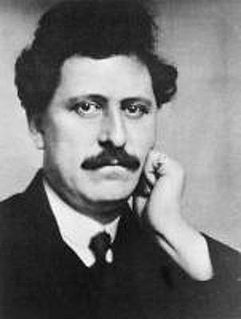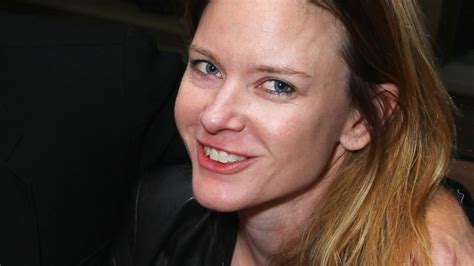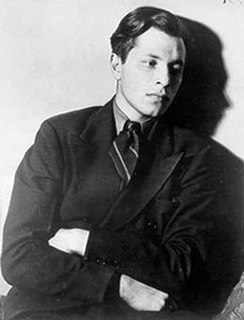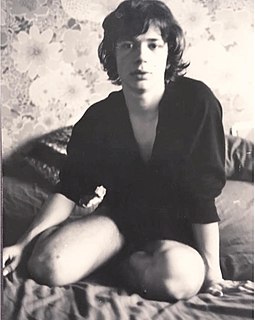A Quote by Elisabeth Tova Bailey
Given the ease with which health infuses life with meaning and purpose, it is shocking how swiftly illness steals away those certainties... Time unused and only endured still vanishes, as if time itself is starving, and each day is swallowed whole, leaving no crumbs, no memory, no trace at all.
Related Quotes
We are all hostages of time. We each have the same number of minutes and hours to live within a day, yet to me it didn't feel equally doled out. My illness brought me such an abundance of time that time was nearly all I had. My friends had so little time that I often wished I could give them what time I could not use. It was perplexing how in losing health I had gained something so coveted but to so little purpose.
let us thank God for having made us this gift of death, so that life is to have meaning; of night, that day is to have meaning; silence, that speech is to have meaning; illness, that health is to have meaning; war, that peace is to have meaning. Let us give thanks to Him for having given us weariness and pain, so that rest and joy are to have meaning. Let us give thanks to him, whose wisdom is infinite.
Let me tell you how at one time the famous mathematician Euclid became a physician. It was during a vacation, which I spent in Prague as I most always did, when I was attacked by an illness never before experienced, which manifested itself in chilliness and painful weariness of the whole body. In order to ease my condition I took up Euclid's Elements and read for the first time his doctrine of ratio, which I found treated there in a manner entirely new to me. The ingenuity displayed in Euclid's presentation filled me with such vivid pleasure, that forthwith I felt as well as ever.
Each minute bursts in the burning room,The great globe reels in the solar fire,Spinning the trivial and unique away.(How all things flash! How all things flare!)What am I now that I was then?May memory restore again and againThe smallest color of the smallest day:Time is the school in which we learn,Time is the fire in which we burn.
The cosmos exploded, actualizing its potentiality of space and time. The centers of power, like fragments of a bursting bomb, were hurled apart. But each one retained in itself, as a memory and a longing, the single point of the whole; and each mirrored in itself aspects of all the others throughout all the cosmical space and time.
Consider a movie: it consists of thousands upon thousands of individual pictures, and each of them makes sense and carries a meaning, yet the meaning of the whole film cannot be seen before its last sequence is shown. However, we cannot understand the whole film without having first understood each of its components, each of the individual pictures. Isn't it the same with life? Doesn't the final meaning of life, too, reveal itself, it at all, only at its end, on the verge of death?
Most people think of a balanced life in terms of how much time is given to the various sectors of a life. While time is one measure of involvement, I think the critical variable is passion. How energized, fascinated and absorbed are you in each sphere in which you are engaged? They are rarely, and usually only briefly, equal.
Since time itself is not movement, it must somehow have to do with movement.Time is initially encountered in those entities which are changeable, change is in time. How is time exhibited in this way of encountering it, namely, as that within which things change? Does it here give itself as itself in what it is? Can an axplacation of time starts here guarantee that time will thereby provide as it were the fundamental phenomena that determine it in its own being?
Memory is therefore, neither Perception nor Conception, but a state or affection of one of these, conditioned by lapse of time. As already observed, there is no such thing as memory of the present while present, for the present is object only of perception, and the future, of expectation, but the object of memory is the past. All memory, therefore, implies a time elapsed; consequently only those animals which perceive time remember, and the organ whereby they perceive time is also that whereby they remember.
How defeated and restless the child that is not doing something in which it sees a purpose, a meaning! It is by its self-directed activity that the child, as years pass, finds its work, the thing it wants to do and for which it finally is willing to deny itself pleasure, ease, even sleep and comfort.


































